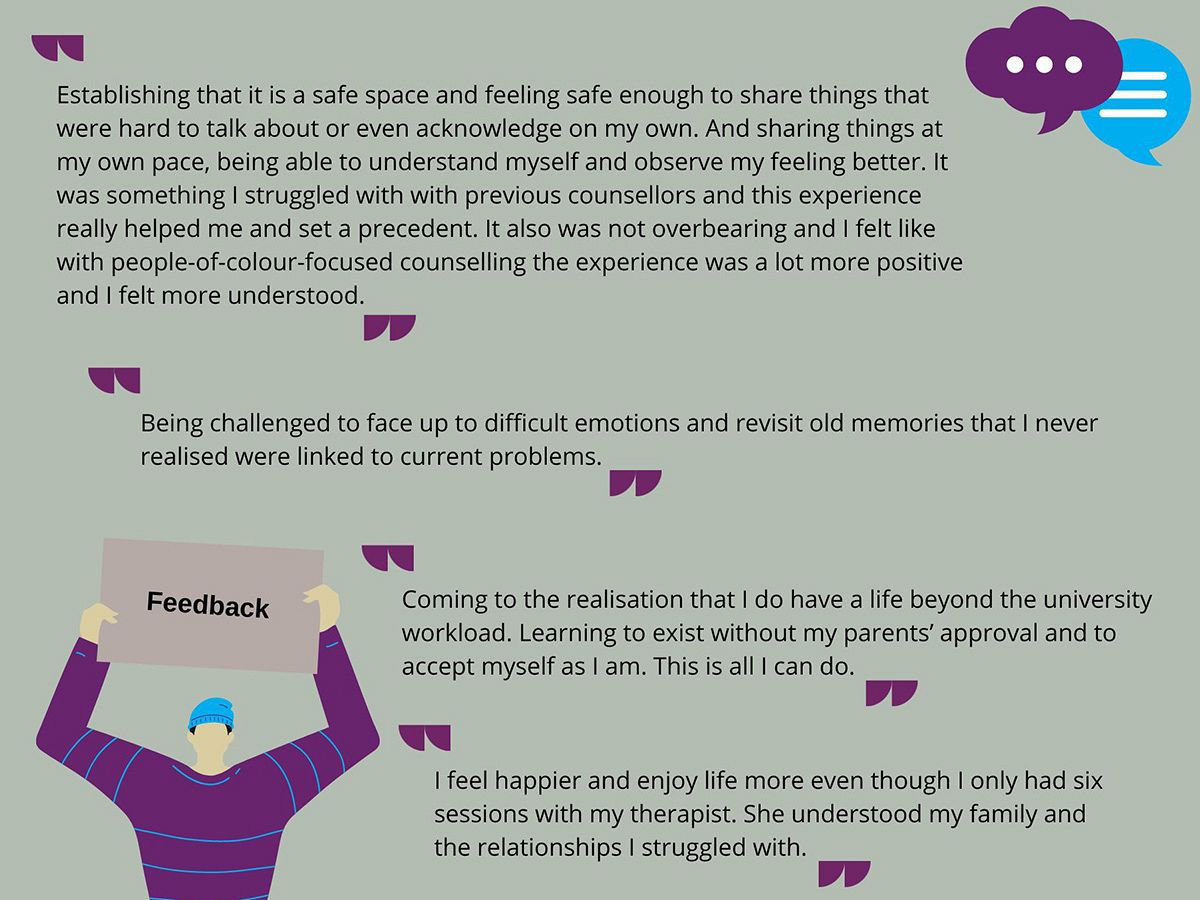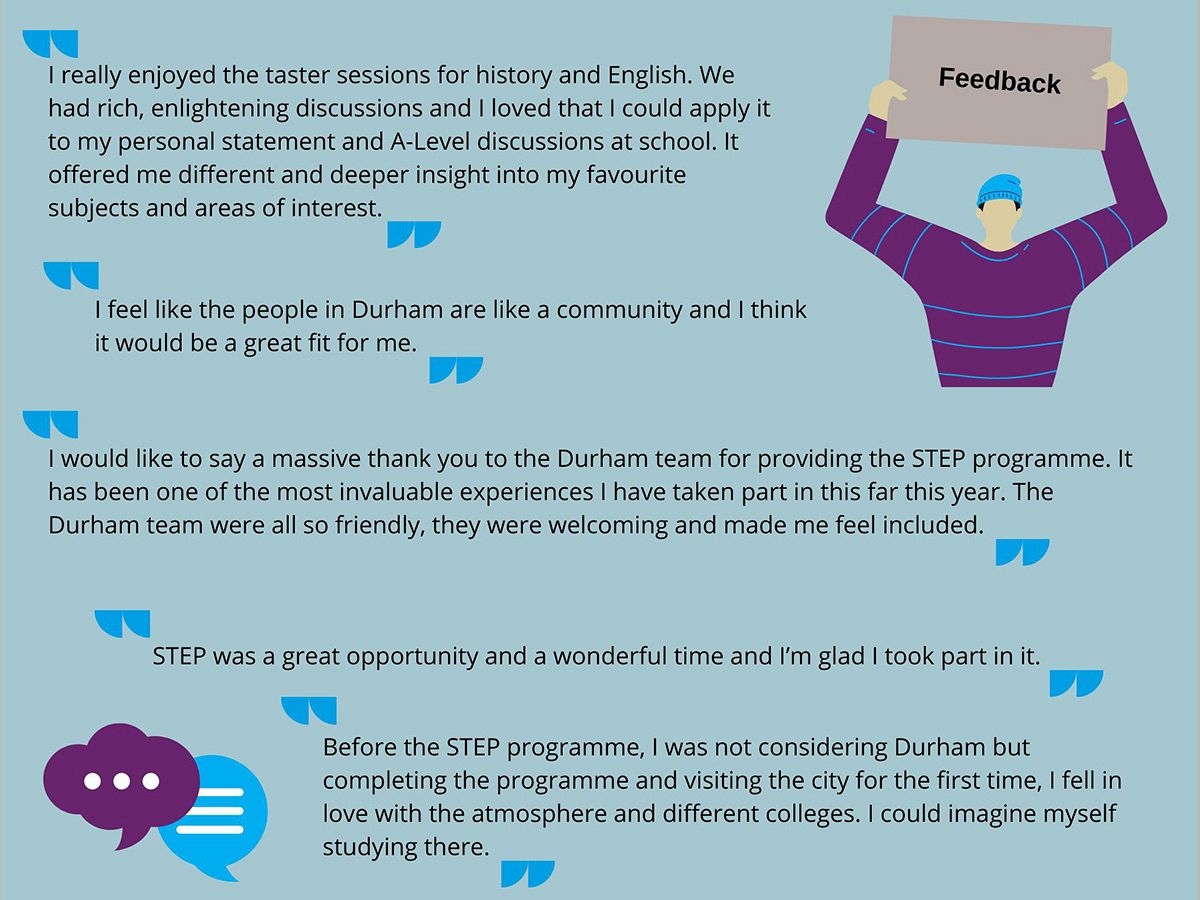We were very pleased to receive confirmation of our Race Equality Charter (REC) Bronze award in 2022. But what does the REC actually involve and what impact does it have? Dialogue finds out more.

What is REC?
The Race Equality Charter is an Advance HE initiative that aims to improve the representation, progression and success of Black, Asian and minority ethnic staff and students within higher education.
It provides a framework that guides the University in identifying and evaluating institutional and cultural barriers that stand in the way of traditionally underrepresented staff and students.
But what does that really mean in practice?
The University has a comprehensive action plan to deliver over the next three years, with a whole range of tasks designed to tackle five priority areas:
1. Promote an anti-racist culture and educate students and staff on racial and intercultural issues.
2. Tackle racism and enhance mental health support and pastoral care provision for Black, Asian and minority ethnic staff and students (both UK and non-UK).
3. Diversify staff and leadership.
4. Accelerate and improve support for Black, Asian and minority ethnic staff career progression (academic and professional services staff).
5. Increase UK-domiciled Black, Asian and minority ethnic student representation, improve the wider student experience of both UK and non-UK Black, Asian and minority ethnic students, and embed race equality into teaching and learning.
Within these five areas, there is a whole range of actions to be carried out across the University, from examining admissions data and improving recruitment processes, to researching the University’s past to gain an understanding of any links with colonialism and historical slavery.
A huge amount of work went into putting the action plan in place, and the Bronze award is given on the basis of that plan being implemented over the next few years.
All of the work around REC forms part of our drive to create a fairer and more equitable organisation. A working statement has been developed to support the broad range of projects that are underway in this area:
Together we celebrate difference, value one another and are each responsible for creating an inclusive community that is respectful and fair for all.
We’ve taken a closer look at just some of the projects that are now underway as a result of the REC action plan, and the positive impact that they’re having on our staff and students so far.
Nilaari
Nilaari is a charity with experience delivering social care support, talking therapies and training to adults and young people within Black, Asian and minority ethnic communities.
Working with Nilaari allows us to support those students by ensuring they have someone to talk to who has specialist knowledge of issues relating to ethnicity.
Kate Augarde, Head of the Counselling and Mental Health Service, commented: “Take-up has been positive for Nilaari; around 100 DU students referred themselves to the service last academic year, for a range of personal issues.
“Our Service continues to attempt to optimise diverse recruitment through a range of specialist networks, but we believe the addition of Nilaari to our offer gives students the option of culturally sensitive counselling which is free and accessible.”
Here is some feedback from students who have used the service, particularly describing the benefits of it:

Space to Explore Potential (STEP)
Year 12 Black-heritage students can apply to the Space to Explore Potential (STEP) programme, which offers an introduction to Durham as a possible university destination and also gives young people the chance to explore their own potential.
With a summer residential and online information and guidance throughout Year 12 and 13, STEP gives successful applicants the support they need to buck the trend of underrepresentation in Higher Education.
Angelina, a STEP graduate and Durham Student Ambassador, commented: “[The summer school] was very interactive and informative; the effort that Durham University had put into the programme was clear. I felt I could trust Durham’s credentials as a university that values diversity and seeks to be more diverse.
“I will always be grateful for the opportunities provided by STEP because it really helped shape my dream into reality. That’s why I recommend STEP especially to students who may or may not be sure about university. Although STEP promoted Durham University, the programme supports the undergraduate journey and highlights to Black minority ethnic students that they have every right to attend and thrive in Russell Group universities.”
Graduate Ambassador Liv Bennison, who worked at the 2022 summer school, said: “The most rewarding part of STEP is watching the mentees grow in their confidence and self-esteem. Watching mentees realise that they should be applying to places like Durham makes me appreciate what an important job I do.”
Some students provided the following feedback:

Library & Collections Projects
Two projects are being undertaken to explore the University’s history, as part of the broader Race Equality Charter action plan.
‘Legacies of Enslavement and Colonialism at Durham University’ is a research project which will begin to explore the University’s institutional archives and other sources in order to enhance understanding of any potential involvement with colonialism and historical slavery or income derived from historical slavery.
Rachel Archbold, Head of Equality, Diversity and Inclusion, said: “As defined in the REC action plan, developing our understanding of the University’s involvement in colonialism and historical slavery is critical to our ongoing enriching and diversification work.”
University archivist Dr Jonathan Bush commented: “This important project will investigate any historic links with slavery and colonialism, helping to inform and address any structural inequalities which may be embedded within the institution.”
The second workstream is to assess historic and current collections care and curatorial practice, which incorporates collections management, interpretation and access. Internal and external stakeholders will have input into actions in response to the findings and resulting policies will be written in line with emerging best practice in the sector.
Find out more about:
